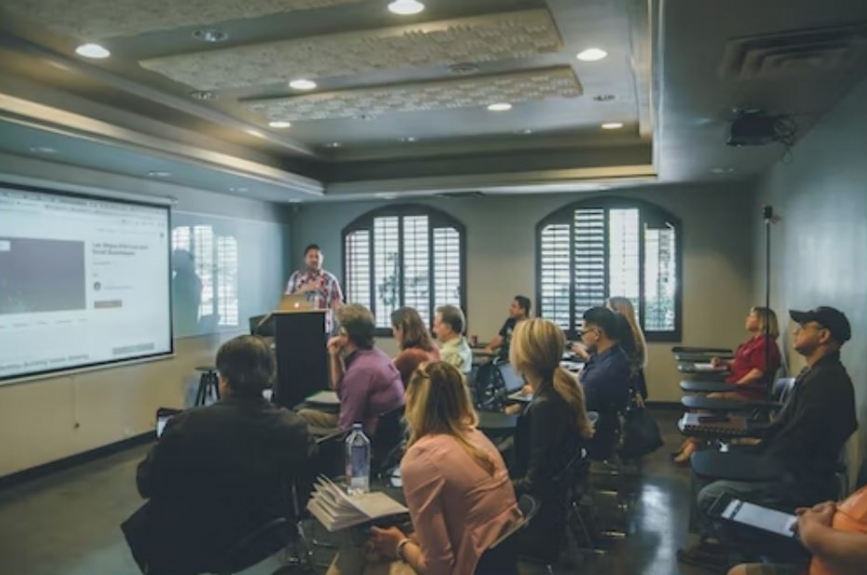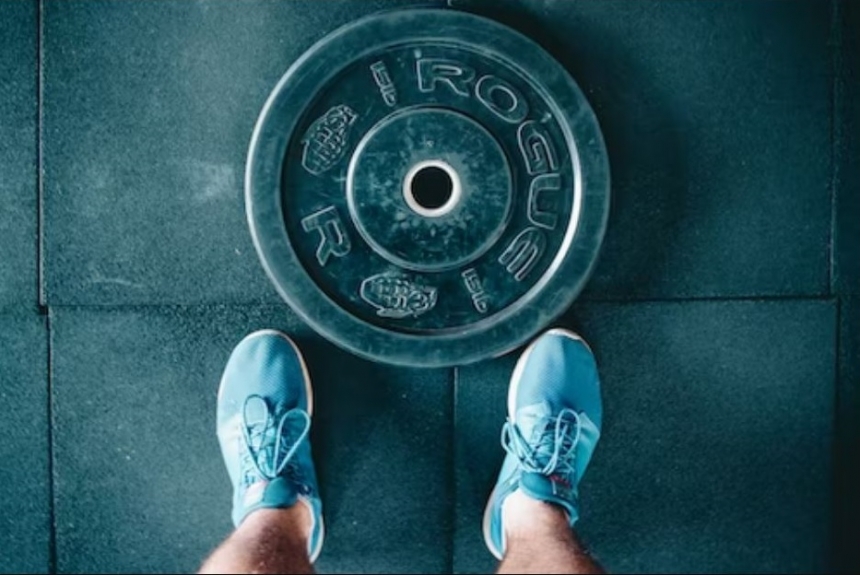First impressions matter. Take the case of someone who boasts that they can swiftly complete a task, in order to make a great first impression, despite all evidence to the contrary of their suitability for the role. Every time this occurs, you sit in silence, wondering how long it will be until someone realizes that the task would be accomplished more quickly if a better-qualified individual were recruited to take the lead!
We've all been there and witnessed similar scenarios, and we all know how challenging they can be, which is why we’re going to be discussing self-awareness today. Specifically, today's discussion will focus on the significance of understanding your own personal strengths and weaknesses.
What Are Strengths and Weaknesses
What are your strengths? This is a question we all want answered about ourselves, as is the opposite question, what are your weaknesses?
The skills and qualities that come naturally to you are your strengths. Therefore, when you utilize these skills and abilities, you perform well. Knowing your strengths enables you to engage in activities that will help you to shine.
Weaknesses are the skills and abilities that you find difficult to acquire. You may experience difficulty when using these skills and capabilities. Knowing your flaws will enable you to comprehend ways to circumvent them.
Self-awareness entails understanding one's strengths and weaknesses. When you’re aware of both, you can then establish a development strategy that targets your unique requirements.
Accentuate Your Strengths
Suppose you’re a supervisor whose strength is cheerleading your team, but your weakness is report analysis. If you’re part of a team of supervisors, someone else can be the report analysis expert instead of you, enabling you to concentrate on motivating your staff, your strong point, and avoiding your faults. Obviously, this won't always be the case, but in this instance, it makes sense to focus on your skills.
Improve on Your Weaknesses
Just for a moment, imagine that you’re a company executive and that one of your obligations is to comprehend and manage a profit-and-loss statement in order to make sound decisions. If you don’t have sufficient knowledge to do that, you may have difficulty completing the task. What should you do?
In this scenario, it’s a good idea to work on your weaknesses in order to enhance your capacity to make sound financial judgments. That doesn’t mean that you must become an expert, however. This is just one example, but most, if not all, shortcomings can be improved upon and developed through practice and study.
What Does it Mean to Know Your Strengths?
It is essential to recognize that your strengths represent the value you provide to the world. You should always capitalize on your strengths, but that doesn’t mean you should avoid your weaknesses altogether. Rather, it implies that you prioritize those tasks that enable you to demonstrate your worth.
Consider whether your job enables you to leverage your abilities as a leader. If your position requires you to routinely utilize your deficiencies, you will suffer in the long term, although there is still a possibility that you will progress. But who wants to constantly concentrate on developing something that may never become a strength? Your strengths are those things that come naturally to you, so make sure you're in a position to utilize them.
How Can I Make the Most of My Strengths?
What are you doing outside of work to utilize your strengths, such as communicating with others, for example? Consider utilizing your strengths in your hobbies and social contacts. Also, search for extracurricular activities that enable you to capitalize on your abilities.
How Do I Conquer My Weaknesses?
We do not necessarily recommend that you concentrate on improving your weaknesses or eliminating them altogether. If you can operate from a position of strength, you should. If failing to address your deficiencies is preventing you from achieving your goals, we urge you to concentrate on your shortcomings. However, this should only be to the extent required to perform at an acceptable level. For example, if math is not your strongpoint, you don’t have to become a mathematical genius, but you could at least try to learn the basics.
Seek the Wisdom and Insight of Others
The difficulty with compiling a list of your own strengths and weaknesses is that you have a self-centered perspective. Most people either think too highly or too poorly of themselves. Consider three to five individuals whose perspectives you respect and who have lived or worked with you for an extended length of time. They should be people who have observed your behavior and temperament in a variety of settings.
For the majority of individuals, this group will comprise a significant other, a mentor or advisor, a best friend, one or more siblings, and a parent. After selecting your personal focus group, reach out to them. You could arrange to meet with them in person over coffee, if you like, or you could simply ask them questions via email, but however you approach them, be sure to request their candid feedback on the strengths and weaknesses of your personality.








